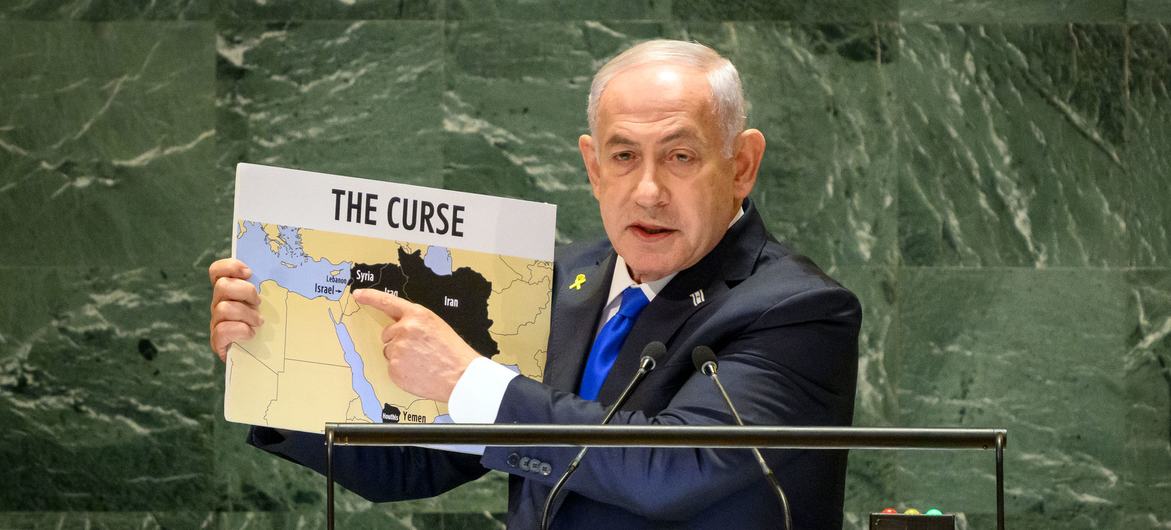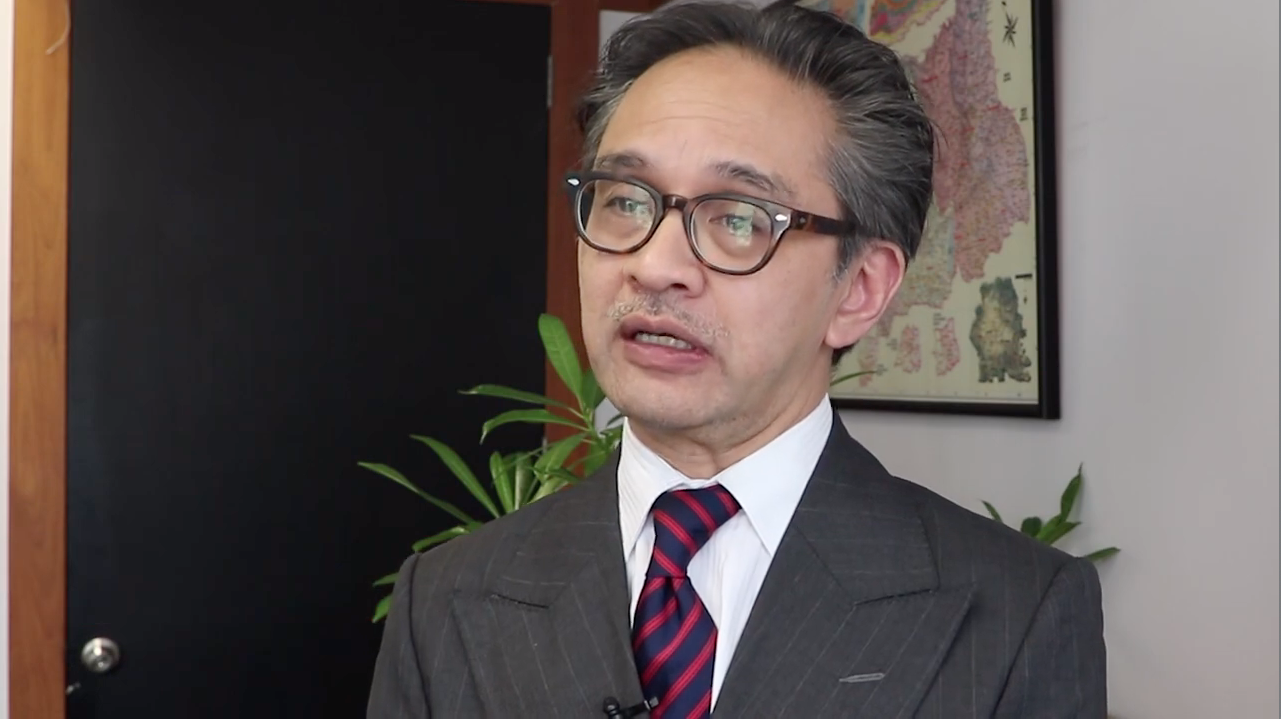Israeli Prime Minister Benjamin Netanyahu’s recent speech at the United Nations General Assembly has deepened divisions in global diplomacy and complicated Israel’s relationship with NATO. Netanyahu emphasized that Israel must continue its military operations against Hamas, dismissing international calls for de-escalation. This position challenges diplomatic efforts to resolve conflicts in the Middle East and has direct implications for regional security, alliance cohesion, and international cooperation.
Israel is not a NATO member but maintains a close working relationship with the alliance. This relationship includes intelligence sharing, joint military exercises, and collaboration on counterterrorism. Israel’s strategic location and experience in combating terrorism have made it a valuable partner to NATO, especially as the alliance seeks to address security threats beyond Europe. However, recent events, including Netanyahu’s speech and ongoing military actions, have strained this cooperation.
Turkey, a key NATO member, has taken a strong stance against Israel’s recent military operations in Gaza. In response to Israel’s actions and Netanyahu’s speech, Turkey has blocked Israel’s participation in NATO exercises. This move reflects deeper political tensions within the alliance and demonstrates how divergent national interests can impact collective security efforts. Turkey’s opposition limits NATO’s ability to include Israel in important security dialogues and operations, reducing the alliance’s overall effectiveness in addressing regional threats.
The NATO leadership has expressed concern about the escalation of violence in the Middle East. Secretary General Mark Rutte highlighted the risks posed by unilateral military actions and stressed the importance of de-escalation. His comments underscore NATO’s broader aim to maintain peace and security while respecting the diverse perspectives of its member states. These statements signal NATO’s caution in openly supporting any party involved in ongoing conflicts, given the alliance’s commitment to consensus and stability.
Netanyahu’s speech has diplomatic repercussions that extend beyond NATO. It signals Israel’s determination to prioritize security objectives even if this means straining international relationships. This stance risks isolating Israel from parts of the global community that favor negotiated solutions and restraint. It places NATO members in a difficult position, forcing them to navigate between supporting a key partner and addressing concerns about regional instability.
The tension between Israel and Turkey within NATO highlights the alliance’s internal challenges. NATO depends on the unity of its members to respond effectively to security threats. When political disagreements arise, especially over sensitive issues like the Israeli-Palestinian conflict, the alliance’s cohesion suffers. Turkey’s blockade of Israel’s participation in NATO activities is a clear example of how political disputes can hinder security cooperation. This discord could delay or complicate NATO’s strategic planning in the Middle East, where cooperation with Israel remains important.
From a security perspective, these developments have practical consequences. NATO and Israel collaborate closely on counterterrorism, intelligence, and military exercises. Trust and open communication are essential for these efforts. Political friction risks reducing information sharing and joint operational planning. Such setbacks could weaken efforts to combat extremist groups and address emerging threats in a volatile region.
The diplomatic fallout also affects NATO’s image. The alliance promotes itself as a defender of democratic values, international law, and collective security. Internal divisions, especially when they lead to public disagreements and exclusions, may undermine NATO’s credibility. Observers may question the alliance’s ability to manage conflicts within its ranks and to maintain consistent policies. This perception can reduce NATO’s influence in the Middle East and weaken its role as a stabilizing actor.
Economically, instability in the Middle East threatens regional and global markets. NATO members have interests tied to energy security and trade routes in the region. Heightened tensions risk disrupting these interests. A fractured NATO response to Middle Eastern conflicts could prolong instability and uncertainty, with negative impacts on investment and economic cooperation.
Looking ahead, the ongoing strain between Israel and Turkey, and the broader NATO-Israel relationship, will require careful management. Diplomatic efforts must focus on restoring dialogue and finding common ground. This will involve addressing underlying political grievances while maintaining security collaboration. For NATO, balancing the interests of diverse members with the need for effective partnerships is crucial.
Israel faces its own challenges in this environment. Pursuing security objectives without alienating key international partners will demand diplomatic agility. Israel’s leadership will need to weigh the costs of a hardline stance against the benefits of broader cooperation. Maintaining ties with NATO and other Western allies remains important for Israel’s long-term strategic position.
In conclusion, Netanyahu’s UN speech and the Israeli military operations have deepened divisions that affect diplomacy, security cooperation, and regional stability. The tensions within NATO expose the difficulties alliances face when political conflicts intersect with security needs. Both NATO and Israel must navigate these challenges to preserve their partnership and promote stability in the Middle East. The coming months will test their ability to balance national interests with collective security and diplomatic engagement.



